
思辨与明理——高中英语议论文写作教学指导9787572011467
正版图书,可开发票,请放心购买。
¥ 41.13 5.3折 ¥ 78 全新
库存15件
作者曲卫国
出版社上海教育
ISBN9787572011467
出版时间2021-10
装帧平装
开本16开
定价78元
货号31287692
上书时间2024-10-01
- 店主推荐
- 最新上架
商品详情
- 品相描述:全新
- 商品描述
-
前言
【书摘与插画】
商品简介根据国家课标对学生核心素养的要求,思辨能力的培养对于高中生的英语写作、听说技能提升有至关重要的作用。高中教师自身的思辨能力也存在欠缺。因此本选题旨在帮助高中师生提升思辨能力,服务教与学。本选题将通过中文导读与英文讲解的形式,向高中师生讲解思辨能力的培养,如何思辨,结合高中师生熟悉的话题讲思辨能力运用到写作,教师通过本书可以得到写作教学的指导,学生可以通过本书了解思辨与写作的关系,提升自我思辨能力,指导写作练习。
作者简介
曲卫国,复旦大学外文学院教授、博导,教育部英语教指委委员;语用学协会常务理事;哈佛大学富布赖特访问学者;曾当选上海市优秀青年教师,上海市本科教学名师。主要研究方向是语用学、话语分析、修辞学等。出版著作有《英语高级:论说文入门》、《话语文体学》、《批判与论辩》《近代英国礼貌变革研究》等,在国内外期刊发表论文六十多篇。
目录
Chapter One Why do we need critical thinking and
argumentation
1.1 The iIlusion of understandjna:Can we or others understand
what we say
1.2 The illusion of clarity:Why is argumentation essential in critical
thinking
1.3 The illusion of interaction:Are we being communicative in
argumentation
1.4 The illusion of objectivity:Can we be neutral in argumentation
Chapter Two What do we need to know about argumentation
2.1 What is argumentation
2.1.1 The purpose ofargumentation
2.1.2 What is an argument
2.1.3 What is a claim in an argument
2.2 What does it take to make a claim
2.2.1 What is a topic
2.2.2 What iS a comment
2.3 What makes a good claim
2-3.1 A good claim is reader-sensitive
2.3.2 Agood claim is made in line with the support it has
2.3.3 Agood claim has a clear focal point
2.4 What does a claim do
2.4.1 Have we prepared readers for the claim
2.4.2 Have we located the claim in the relevant context
2.4.3 Have we structured the argument according to the claim
Chapter Three Why is definition important
3.1 What is a definition
3.1.1 A specification ofwhat we want the words to mean in
an argument
3.1.2 A specification ofthe criteria we use for an argument
3.1.3 A specification of a perspective that can be shared with othe
3.1.4 A specification ofwhat definition makes or breaks
3.2 How do we define a word
3.2.1 Choosing a perspective
3.2.2 Selecting a field
3.2.3 Following the rules
3.3 What does a definition do to an argument
3.3.1 It makes a claim clear and sharp to readers
3.3.2 It sets up the point ofrelevance for support
3.3.3 It forces us to stop to think about the words we use
3.4 Where can we find a definition
3.4.1 Consulting dictionaries
3.4.2 Turning to authorities
3.4.3 Improvisation
Chapter Four What is a claim of fact
4.1 What does a claim of fact argue about
4.1.1 Facts and levels ofcertainty
4.1.2 Facts and assumptions
4.1.3 Claims and their purposes
4.2 How do we make a claim of fact
4.2.1 Are the words chosen for a topic clear enough
4.2.2 Do the words chosen for a comment make it easy to
find evidence
4.2.3 Does the claim make good use of the evidence we have
4.3 How can we challenge a claim of fact
4.3.1 Faulting the topic
4.3.2 Faulting the comment
4.3.3 Faulting the focus ofa claim
4.4 How can we find evidence
4.4.1 Direct evidence
4.4.2 Indirect evidence
4.4.3 Statistical evidence
4.4.4 Anecdotal evidence
Chapter Five How do we know our factual argument works
5.1 How do we know if a claim is clear enough
5.1.1 Selecting the focal point
5.1.2 Pinning down the right point in the issue with definition
5.1.3 Keeping in mind the purpose
5.2 How can we be sure if me argument follows the focal point in a claim
5.2.1 Failure in deciding on the focal point
5.2.2 Failure in resisting the temptation
5.3 How can we check the coherence in the factual argument
5.3.1 Establishing coherence with the key point in a claim
5.3.2 Establishing coherence on the adequate underlying assumptions
5.4 How can we challenge the relevance of the evidence
5.4.1 Evidence and presentation
5.4.2 Evidence and wording
Chapter Six What is a claim of value
6.1 What does a claim of value argue about
6.1.1 Defining a claim ofvalue
6.1.2 Justifying a claim ofvalue with a principle
6.2 How do we make a claim of value
6.2.1 Are the words unequivocal for a claim ofvalue
6.2.2 Is the principle for the judgment made clear
6.2.3 Is there common ground
6.3 How can we challenge a claim of value
6.3.1 Faulting the fairness ofpresentation
6.3.2 Faulting the choice ofthe principle
6.3.3 Challenging the validity
内容摘要
根据国家课标对学生核心素养的要求,思辨能力的培养对于高中生的英语写作、听说技能提升有至关重要的作用。高中教师自身的思辨能力也存在欠缺。因此本选题旨在帮助高中师生提升思辨能力,服务教与学。本选题将通过中文导读与英文讲解的形式,向高中师生讲解思辨能力的培养,如何思辨,结合高中师生熟悉的话题讲思辨能力运用到写作,教师通过本书可以得到写作教学的指导,学生可以通过本书了解思辨与写作的关系,提升自我思辨能力,指导写作练习。
— 没有更多了 —











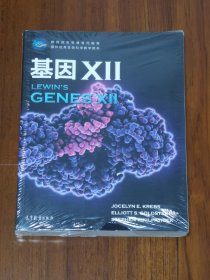
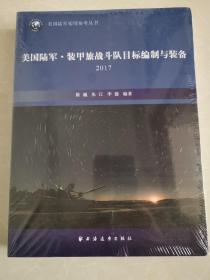
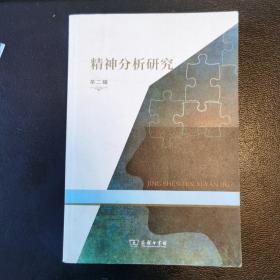




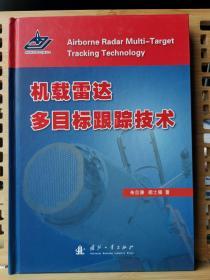
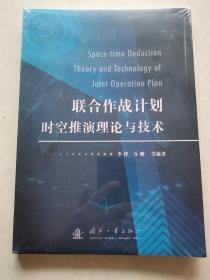










以下为对购买帮助不大的评价